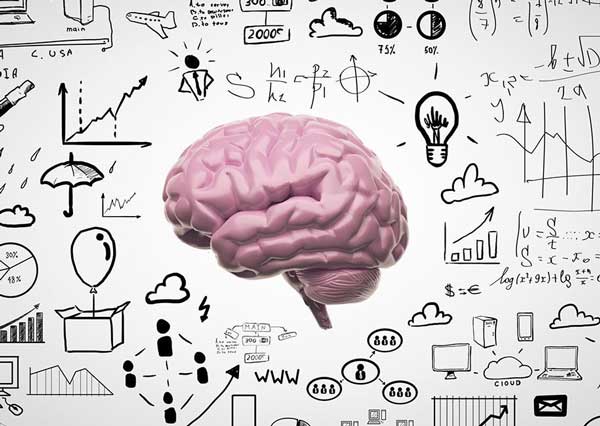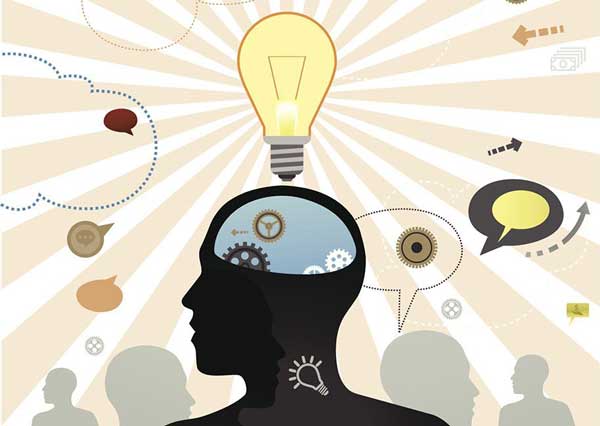
It reduces stress
 Reading for just six minutes can be enough to reduce stress levels by up to 68%, according to a 2009 study from the University of Sussex.
Reading for just six minutes can be enough to reduce stress levels by up to 68%, according to a 2009 study from the University of Sussex.
It refines brain function

A study published in a 2014 of the journal Brain Connectivity found that reading fiction improves the reader’s ability to put themselves in another person’s shoes and flex the imagination. And this, in turn, improves theory of mind. Scientists in the study found that reading novels caused changes in the left temporal cortex, an area of the brain associated with language comprehension and a phenomenon known as “embodied cognition”. This function allows neurons to trick the mind into thinking it’s doing something that it is not.
It helps your memory
 In her landmark paper “What Reading Does For The Mind”, Berkeley-based development psychologist Dr. Anne Cunningham looks at the cognitive consequences of being an avid reader. She concludes that reading is a learned “coding” process and once you reach a certain level of reading ability, its benefits become reciprocal. Reading helps your brain to retain information over time, which in turn means you read better, which goes full circle to make you sharper and smarter. “Reading is a very rich and complex and cognitive act,” she says.
In her landmark paper “What Reading Does For The Mind”, Berkeley-based development psychologist Dr. Anne Cunningham looks at the cognitive consequences of being an avid reader. She concludes that reading is a learned “coding” process and once you reach a certain level of reading ability, its benefits become reciprocal. Reading helps your brain to retain information over time, which in turn means you read better, which goes full circle to make you sharper and smarter. “Reading is a very rich and complex and cognitive act,” she says.
It enhances mental agility in old age
 Keeping mentally active by reading books or writing letters helps protect the brain in old age, according to research published in a 2013 edition of the journal Neurology. The study from the Rush University Medical Center in Chicago measured memory and thinking in over 200 participants aged over 55, every year for about six years until their deaths. The same volunteers answered a questionnaire about whether they read books, wrote letters and took part in other activities linked to mental stimulation during childhood, adolescence, middle age, and in later life. After death, their brains were examined for evidence of the physical signs of dementia, such as brain lesions and plaques.
Keeping mentally active by reading books or writing letters helps protect the brain in old age, according to research published in a 2013 edition of the journal Neurology. The study from the Rush University Medical Center in Chicago measured memory and thinking in over 200 participants aged over 55, every year for about six years until their deaths. The same volunteers answered a questionnaire about whether they read books, wrote letters and took part in other activities linked to mental stimulation during childhood, adolescence, middle age, and in later life. After death, their brains were examined for evidence of the physical signs of dementia, such as brain lesions and plaques.

My boys Alexander and Leonardo reading. A rare and beautiful sight to see.
